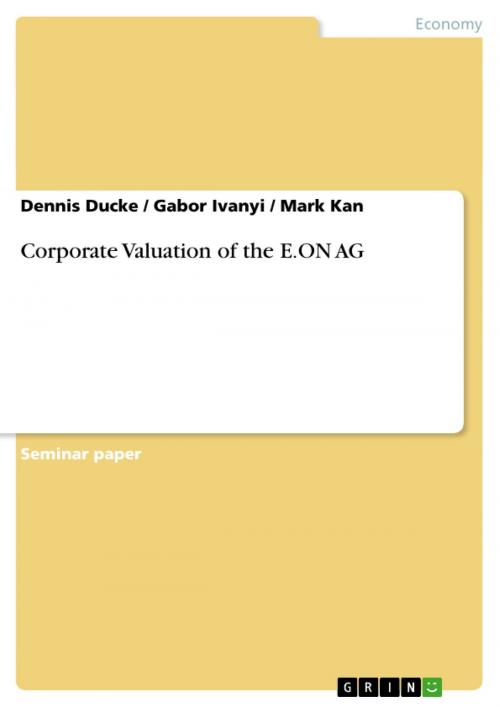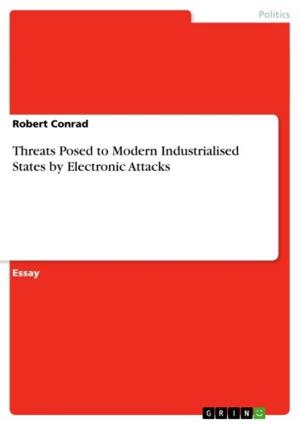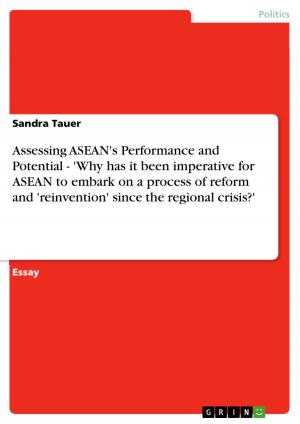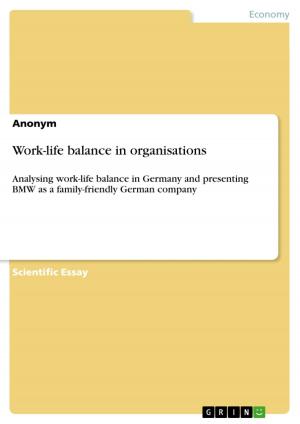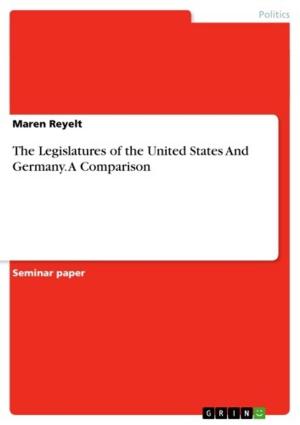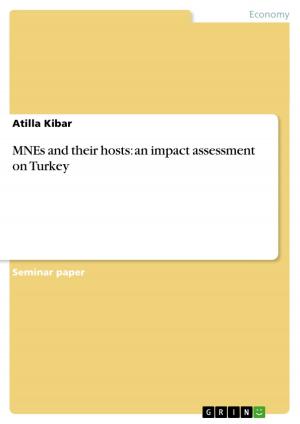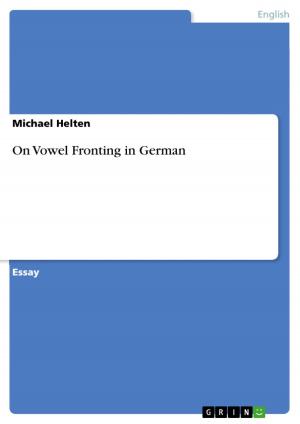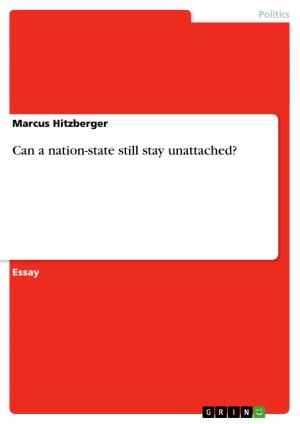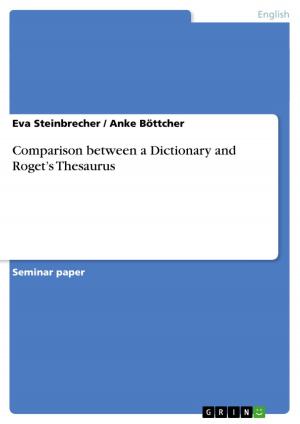| Author: | Dennis Ducke, Gabor Ivanyi, Mark Kan | ISBN: | 9783640533565 |
| Publisher: | GRIN Publishing | Publication: | February 11, 2010 |
| Imprint: | GRIN Publishing | Language: | English |
| Author: | Dennis Ducke, Gabor Ivanyi, Mark Kan |
| ISBN: | 9783640533565 |
| Publisher: | GRIN Publishing |
| Publication: | February 11, 2010 |
| Imprint: | GRIN Publishing |
| Language: | English |
Seminar paper from the year 2008 in the subject Business economics - Investment and Finance, grade: 2,3, University of Applied Sciences Essen, language: English, abstract: The main scope of this assignment is the valuation of the E.ON AG - a German based energy corporation, with about 88.000 employees and annual sales of about 69 billion Euros. It is one of the world's largest investor-owned energy service firms. The core activities of E.ON are the generation, transmission and distribution of electricity as well as the transmission, storage and sale of natural gas. For the corporate evaluation of E.ON, the editor based his calculation on the two most common global evaluation approaches - the discounted cash flow (DCF) and the multiplier method. The DCF method estimates the value of a company by discounting expected cash flows in the future or determined period of time, similar to the value of an investment. For the assessment of the company value, the entity and equity DCF method with an assumed constant growth rate between 1.5 and 3 percent, have been utilized. For the validation of the calculated DCF corporate values the multiplier method was executed as second evaluation method based on Price-Earnings, Price-Book value and Price-Turnover ratios. For the necessary peer-group, the authors selected the other three big players RWE, EnBW and Vattenfall, which form an oligopoly market in Germany. Including E.ON they own more than 70 percent of German energy infrastructure and have a market share of about 95 percent. The calculation of the different entity and equity based discounted cash flows and P/E, P/B and P/T ratios resulted in a wide range of corporate values between 73 billion and 146 billion Euros. Finally, the average corporate value of the E.ON AG was determined at approximately 109 billion Euros.
Seminar paper from the year 2008 in the subject Business economics - Investment and Finance, grade: 2,3, University of Applied Sciences Essen, language: English, abstract: The main scope of this assignment is the valuation of the E.ON AG - a German based energy corporation, with about 88.000 employees and annual sales of about 69 billion Euros. It is one of the world's largest investor-owned energy service firms. The core activities of E.ON are the generation, transmission and distribution of electricity as well as the transmission, storage and sale of natural gas. For the corporate evaluation of E.ON, the editor based his calculation on the two most common global evaluation approaches - the discounted cash flow (DCF) and the multiplier method. The DCF method estimates the value of a company by discounting expected cash flows in the future or determined period of time, similar to the value of an investment. For the assessment of the company value, the entity and equity DCF method with an assumed constant growth rate between 1.5 and 3 percent, have been utilized. For the validation of the calculated DCF corporate values the multiplier method was executed as second evaluation method based on Price-Earnings, Price-Book value and Price-Turnover ratios. For the necessary peer-group, the authors selected the other three big players RWE, EnBW and Vattenfall, which form an oligopoly market in Germany. Including E.ON they own more than 70 percent of German energy infrastructure and have a market share of about 95 percent. The calculation of the different entity and equity based discounted cash flows and P/E, P/B and P/T ratios resulted in a wide range of corporate values between 73 billion and 146 billion Euros. Finally, the average corporate value of the E.ON AG was determined at approximately 109 billion Euros.
